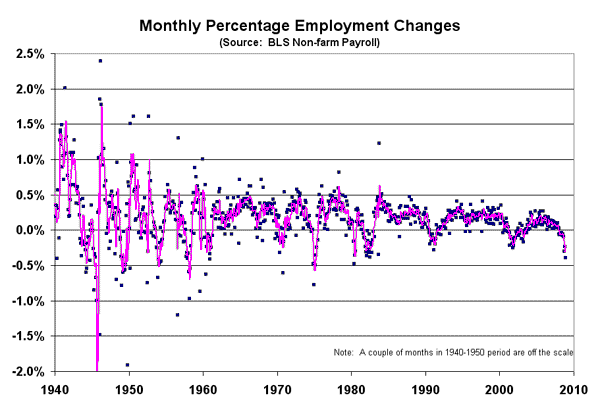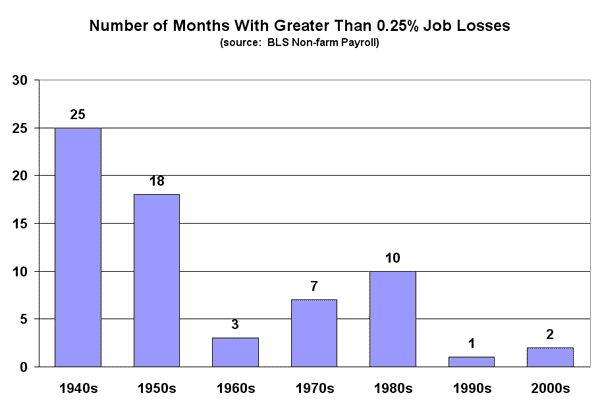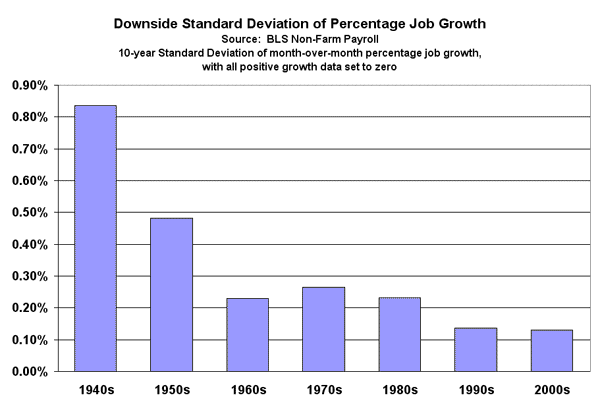The Power to Say "Yes"
Bruce McQuain tells some stories of bureaucratic frustration in the Gulf, as local governors trying to protect their state from the spill fights against a myriad of mindless bureaucracies.
The governor said the problem is there's still no single person giving a "yes" or "no." While the Gulf Coast governors have developed plans with the Coast Guard's command center in the Gulf, things begin to shift when other agencies start weighing in, like the Environmental Protection Agency and the U.S. Fish and Wildlife Service. "It's like this huge committee down there," Riley said, "and every decision that we try to implement, any one person on that committee has absolute veto power."
I would state the problem differently. In the Federal bureaucracy, seemingly everyone has the power to say "no," and absolutely no one is willing to risk their career or even a minor bureaucratic sanction to over-rule when someone else in the room says "no." I have seen it a hundred times in my business -- we will be close to doing something for the public, building a new shower building in a campground for example, and some government employee in the room will say that their sister's gynecologist's barber's housekeeper once overheard a conversation in a bar that some guy who may have visited a university once said he had heard a rumor that there might have been a Native American settlement somewhere within 100 miles of that spot 10,000 years ago -- and suddenly the work on the shower has to stop for 6 months while we all run around calling in archeologists and taking this concern seriously.
The problem in a government discussion, particularly a multi-agency discussion, is that EVERYONE can say "no," and worse, since their incentives are loaded towards risk avoidance (they get punished for violating procedure, but never punished for missing an opportunity), they have a tendency to say "no" a lot, in fact to say "no" by default. In the Gulf you have a thousand federal employees from 20 agencies whose entire incentive system, whose entire career, whose every lesson from every bureaucratic battle in a sort of long-term aversion therapy, prompts them to say "no" by reflex.
What is missing is someone who can say "yes," and make it stick against all the no's. That does not have to be Obama -- but it probably does have to be someone very senior who knows (and who everyone else knows) is backed to the hilt by the President and has an incentive system where the only measure of success is more or less oil damage, and thus for whom aggrieved bureaucrats (even senior ones) and petty procedure are irrelevant. It does not appear such a person has been appointed.
Postscript: By the way, I don't want folks to fall into the trap of thinking that these government folks are necessarily bad people. I think that is a mistake both conservatives and liberals make -- conservatives vilify government employees, while liberals want to believe that government would work right if we just had the right people in it. I work with a lot of very bright, very good people in government. The problem is that their incentives and information are awful. How would you behave if for 20 years your main feedback was to be criticized for violating minor procedures or trying new things? How would you have any understanding of business if you grew up in the bizarro world of government budgeting and accounting? This is the problem with government - not that it is full of bad stupid people, but it takes good smart people and incentivizes them do counter-productive things.
Update: Here is a great example, from Kevin Drum, who is a smart guy but can't do anything but dither in a decision among multiple risks:
It's pretty hard to take the other side of this argument [ie defending the Coast Guard's decision to hold up the GUlf cleanup barges for minor rules violations]. But I wonder. We are, after all, talking about barges that are sucking up oil, and the last time I checked oil was pretty damn flammable. Everyone wants the cleanup operation to proceed with breakneck speed, but that's exactly when people get tired and sloppy. And I wonder what everyone would think of the Coast Guard's ridiculous rules if they waived them and then some boat went up in a huge fireball because a spark caught somewhere and no one had a fire extinguisher handy?
I will say again - I have been in many rooms of bureaucrats, both federal and private, and they all think this way. These rooms are full of Kevin Drum's wondering out loud, "I don't know, what happens if..." This is such a common phrase in these meetings I wish I had a dollar for every time I heard it. Then everyone in the room defers to this hypothetical risk. Bureaucrats are always more worried about sins of commission (e.g. knowingly allowing a barge to go out without enough fire extinguishers in violation of guidelines) than the sin of omission (e.g. delay will allow the spill to get worse). Even when the omission is 100% certainty and the danger from the act of commission is vaguely hypothetical. It takes a leader to say "send the damn barges out now."



